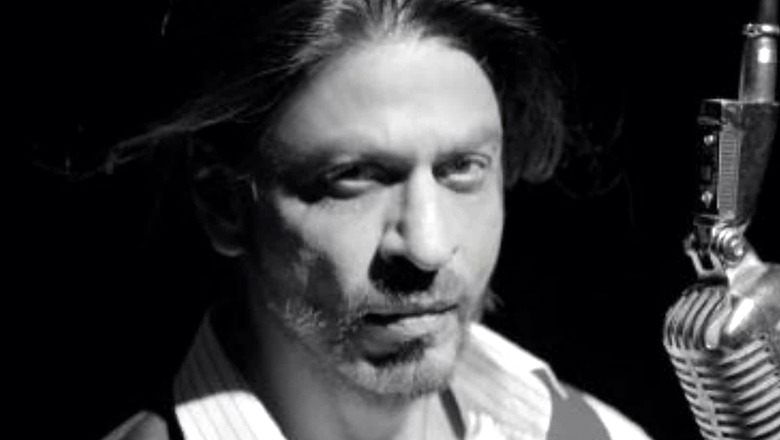
views
Amitabh Bachchan said he was shooting at a Mumbai studio for a song sequence. He would have time between takes and would be happy to do the interview. But, as he pointed out, we would have to hire a studio anyway. So why didn’t we hire a soundstage at the same studio where he was shooting? This made sense so we ended up on a soundstage next to his where he was shooting the ‘Shaava Shaava’ song for Kabhi Khushi Kabhie Gham.
We began the day by interviewing Raveena Tandon (I looked at a clip of that interview recently and was surprised by how candid she had been about her personal life). Then, we had a gap till the evening when we were to shoot with Bachchan. Amit asked me to join him on his set as the cast went through their dance moves. Joyeeta, a member of our crew, noticed that Shahrukh Khan had come out for a smoke and asked him if he would sit down for an interview sometime in the evening before Amit was due on our set. To her astonishment, he said yes.
I was a little surprised too. Were we really going to shoot Shahrukh Khan and Amitabh Bachchan back to back? We were still discussing whether Shahrukh (who is notorious for being late) would actually turn up when somebody pointed out that he already had. He had slipped in and was sitting in the guest chair on the Star Talk desk. He was alone. There was no make-up person and there was no minder.
I rushed to my side of my chair and though we had never met before, he spoke with such breezy confidence that there was no sense in which meeting him for the first time was awkward. I pushed the envelope by asking if he was gay or bisexual as was rumoured in film circles. It was not a question anyone had asked him to his face before but he was unfazed, dismissed it with aplomb and we moved on to the next subject.
Though I thought the whole interview went very well, the only bit people remembered was the gay question. Shahrukh was asked about it for months afterwards, usually by film journalists who had never had the guts to confront him with the question before. He was super cool. To one journalist who demanded to know why I had asked him if he was gay, Shahrukh responded: ‘I don’t know. May be if I had said yes, he would have asked me out to dinner.’
I suspect his wit eluded the journo.
Another person who refused to come to the studio was Bal Thackeray. I said I wouldn’t do the interview at Matoshri, his bungalow. Finally, we agreed on a Bachchan-like compromise. A friend of Thackeray’s had a studio that needed clients. If he could say that Bal Thackeray had shot there for Star Talk, it would advance his commercial prospects. Thackeray was eager to help him. Our producers checked out the studio, found it was modern and well designed and so I agreed to shoot there.
Thackeray came on time, was pleasant to everyone and said he was ready. I like chatting to important guests for a few minutes before a shoot so that the audio guys can be certain that the mikes are working, the camera guys can select their angles, etc. I began by saying that though I had known him for over twenty years, he still looked the same. (This was not a lie.) ‘Yes,’ said Thackeray. ‘But you have changed. You have become very fat.’
I ended the small talk and began the interview. The thing about Thackeray was that he never lied. No matter how outrageous his answer was, he gave it. He enjoyed shocking people. This never really came through in his later interviews because journalists were usually needlessly reverential and too scared to call him out on his behaviour.
I remember he had objected to the release of Mani Ratnam’s film Bombay about the post-Babri riots. The film had a Thackeray-like character who, at the end of the riots, is so horrified by the death and destruction that he joins hands with his Muslim counterpart.
It was widely speculated that Thackeray was unhappy at being portrayed as a man who instigated violence. I had known him long enough to know that this could not be true: he had never shrunk away from violence. And yet that was how his objections to the movie were characterized in the press.
I went to interview him for Sunday and asked what his real objection to the movie was. Well, he said, at the end of the film, the Thackeray character seemed to express regret for what had happened. This was far from the truth. He had no regrets at all about the violence. It had been necessary.
This time, too, sitting in the studio, I knew that he would be unapologetic and upfront (or brazen, depending on your perspective) about the things the Shiv Sena had done.
I asked him if it was true that his men had burnt down shops selling Valentine’s Day cards. And was it also true that this was because his daughter-in-law had a commercial disagreement with the company that made the Valentine’s Day cards?
He was calm. ‘Not burnt,’ he said. ‘Destroyed. We destroyed them.’
Then, of course, he went on to defend his daughter in law. But he was not prepared to be in the slightest bit apologetic about the violence.
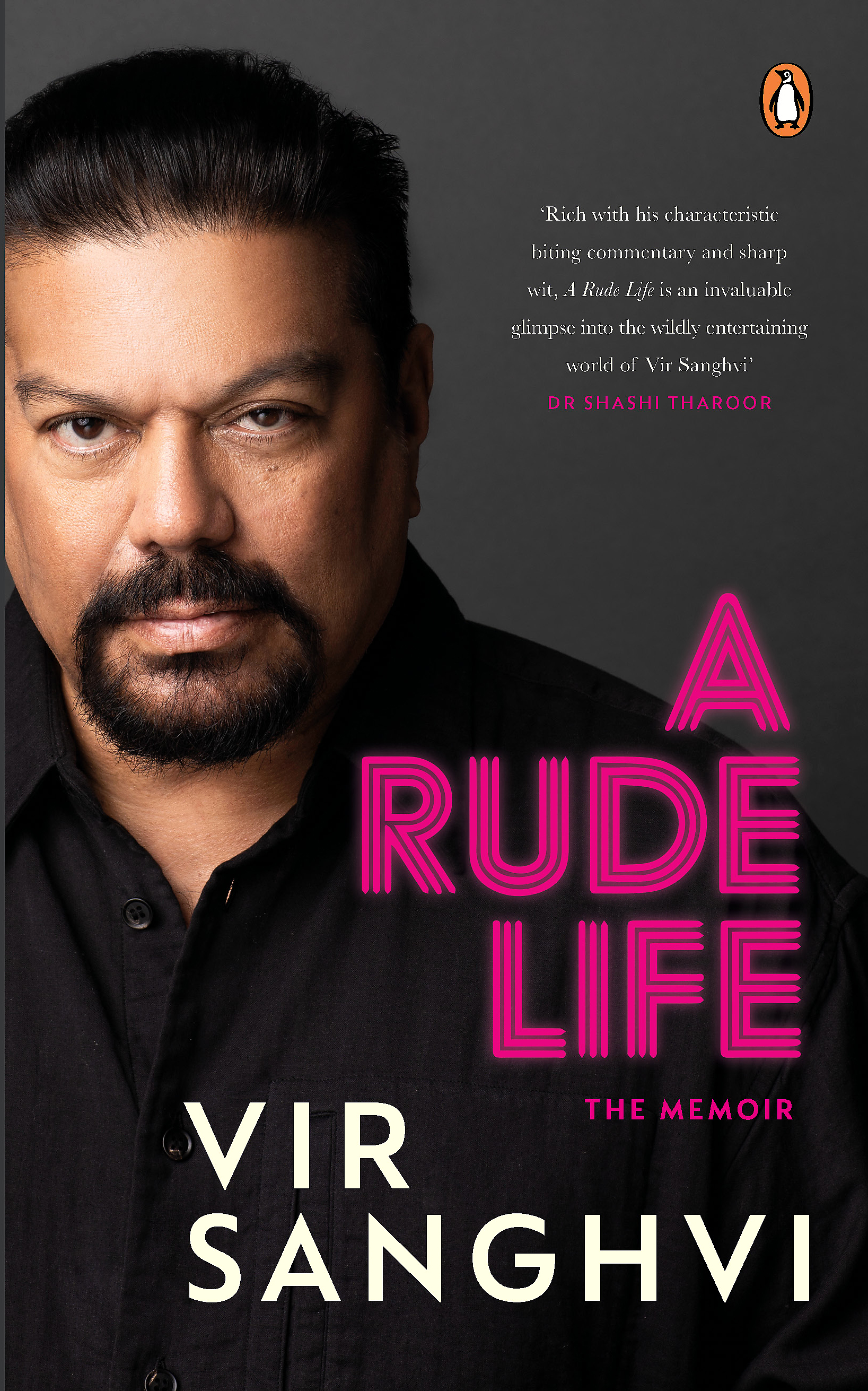
This excerpt from Vir Sanghvi’s A Rude Life: The Memoir has been published with the permission of Penguin Random House.
Read all the Latest News, Breaking News and Coronavirus News here.











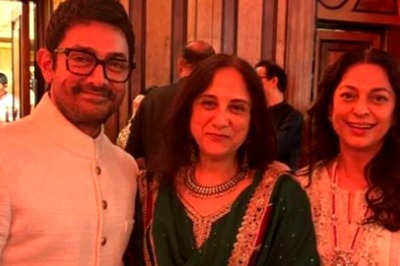

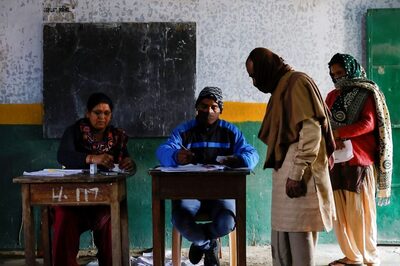
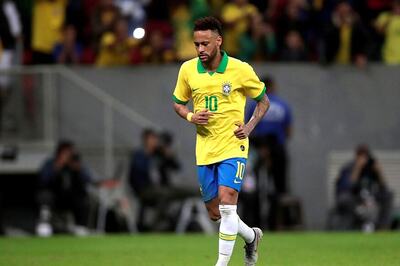


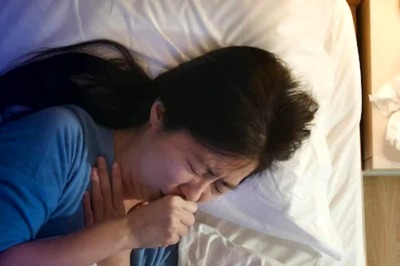

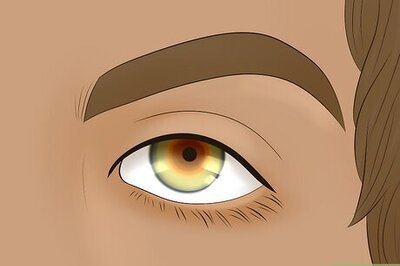
Comments
0 comment